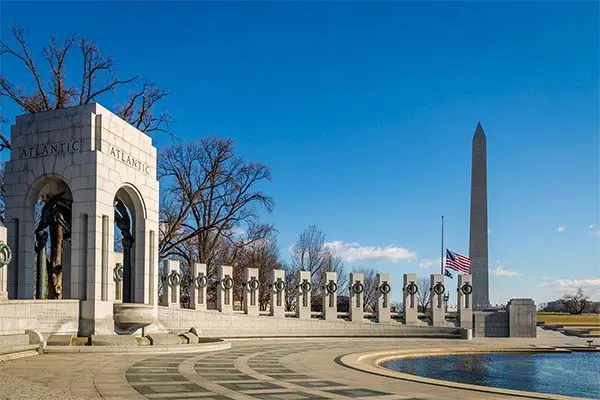Memorialization is a vital aspect of the funeral process that provides families with a way to honor and remember their loved ones. It serves as a bridge between grief and healing, allowing individuals to commemorate lives lived and create lasting tributes. This article explores the significance of memorialization in the funeral process, its emotional benefits, and the various forms it can take.
The Role of Memorialization in Grieving
Memorialization plays a crucial role in the grieving process. It allows family members and friends to come together to celebrate the life of the deceased and share their memories. This communal aspect of memorialization fosters a sense of belonging and support, which is essential during times of loss. Creating a memorial provides a tangible way to honor the deceased. This can include headstones, plaques, or other physical markers that serve as a lasting tribute. These memorials become focal points for remembrance, allowing loved ones to gather, reflect, and find comfort in shared memories.
Emotional Benefits of Memorialization
The emotional benefits of memorialization are profound. Engaging in memorial activities can help individuals process their grief and find closure. By honoring their loved one, families can focus on the positive aspects of their relationship rather than solely on the pain of loss. Memorialization also provides an opportunity to express emotions. Sharing stories and memories during memorial services allows individuals to articulate their feelings and connect with others who are experiencing similar grief.
Creating a Lasting Legacy
Memorialization is not just about remembering the deceased; it is also about creating a legacy. Families can personalize memorials with meaningful inscriptions, symbols, or designs that reflect the personality and values of their loved one. This personalization ensures that the memory of the individual is preserved in a way that resonates with family and friends.
Memorialization Practices and Rituals

Incorporating memorialization practices and rituals can enhance the experience of honoring a loved one. These rituals provide structure and meaning to the grieving process. Families may choose to hold memorial services, create memory books, or establish annual traditions to remember their loved one.
Importance of Community in Memorialization
Memorialization also serves a broader purpose within the community. Public memorials, such as parks or monuments, allow for communal remembrance and reflection. These spaces provide opportunities for individuals to connect with the memories of those who have passed, fostering a sense of shared history and collective mourning. Community memorials can also serve as educational tools, promoting awareness of the lives and contributions of those who have passed. By sharing stories and experiences, communities can honor the legacy of individuals while also creating a supportive environment for those who are grieving.
Conclusion
Memorialization is an essential component of the funeral process that provides families with a means to honor and remember their loved ones. Through various forms of memorialization, such as headstones, rituals, and communal practices, individuals can navigate their grief and celebrate the lives of those they have lost. The emotional benefits of memorialization foster healing and connection, allowing families to find solace in shared memories. Ultimately, memorialization serves as a powerful reminder of the impact individuals have on our lives, ensuring that their legacies endure long after they are gone. By embracing the significance of memorialization, families can create lasting tributes that honor their loved ones and provide comfort for generations to come.







